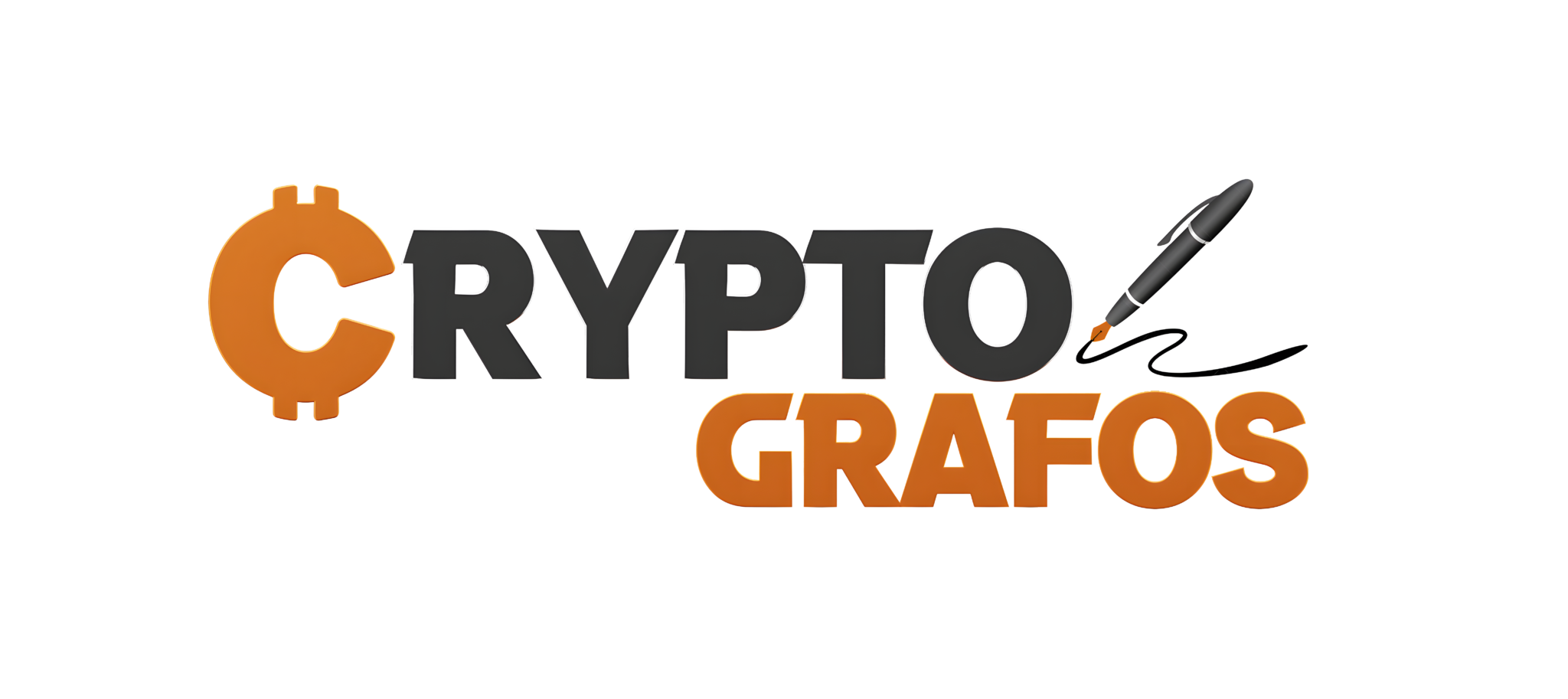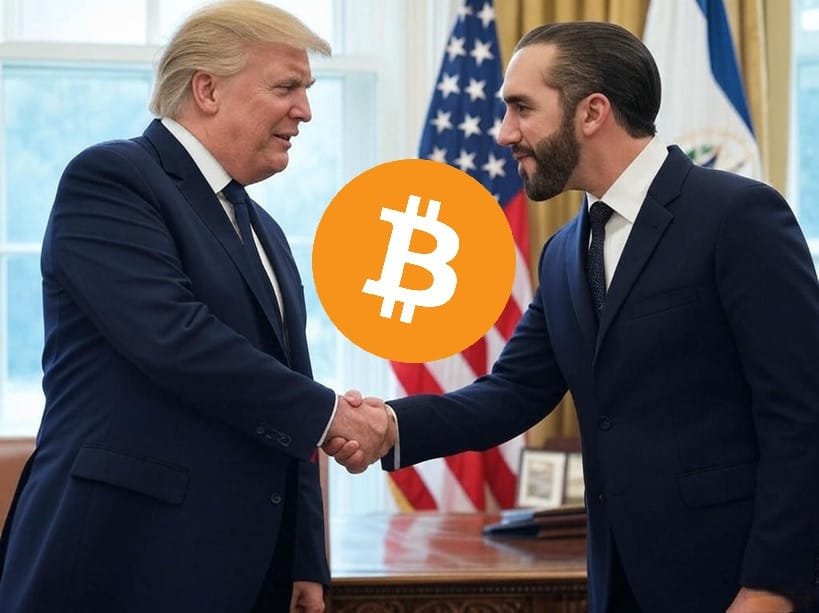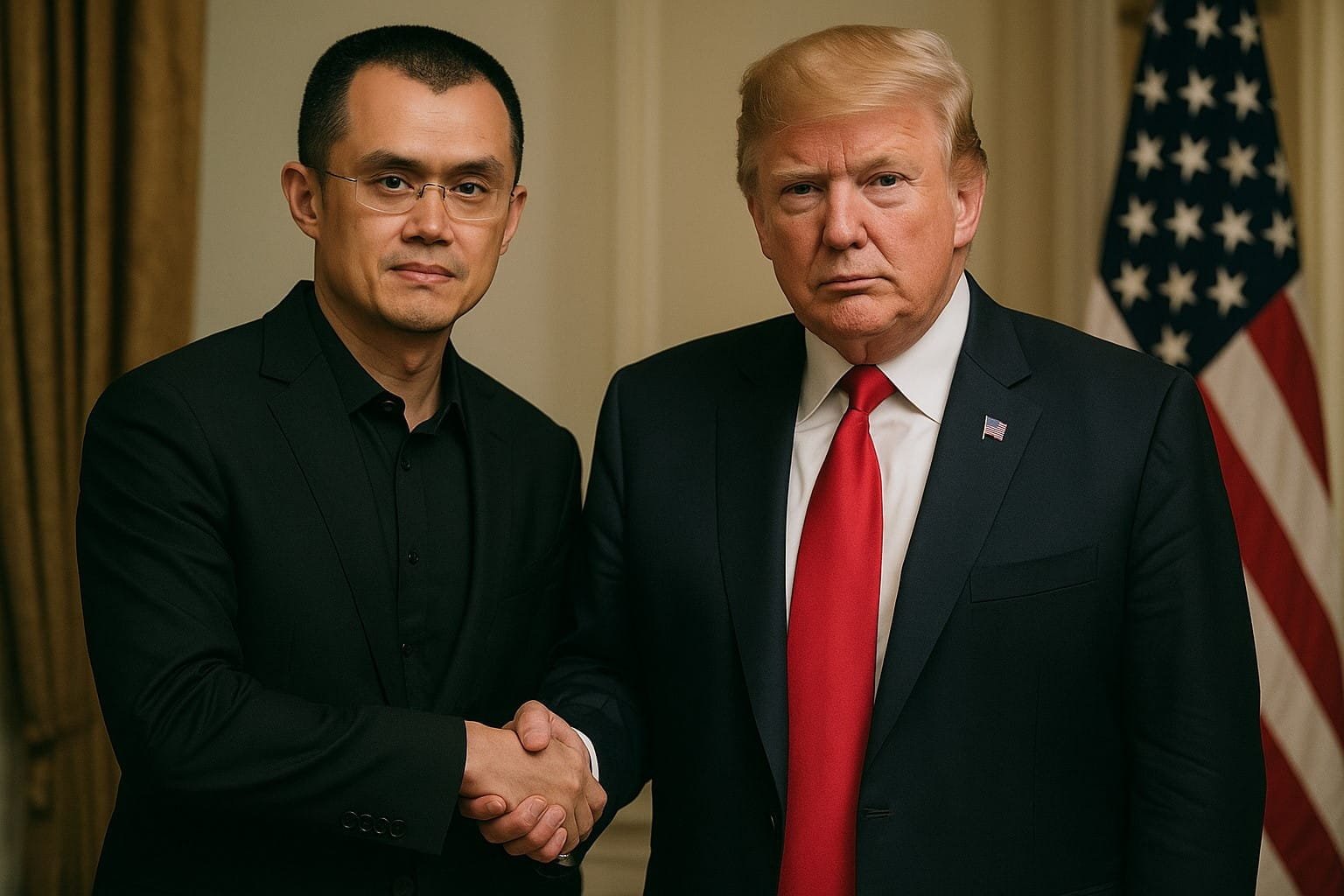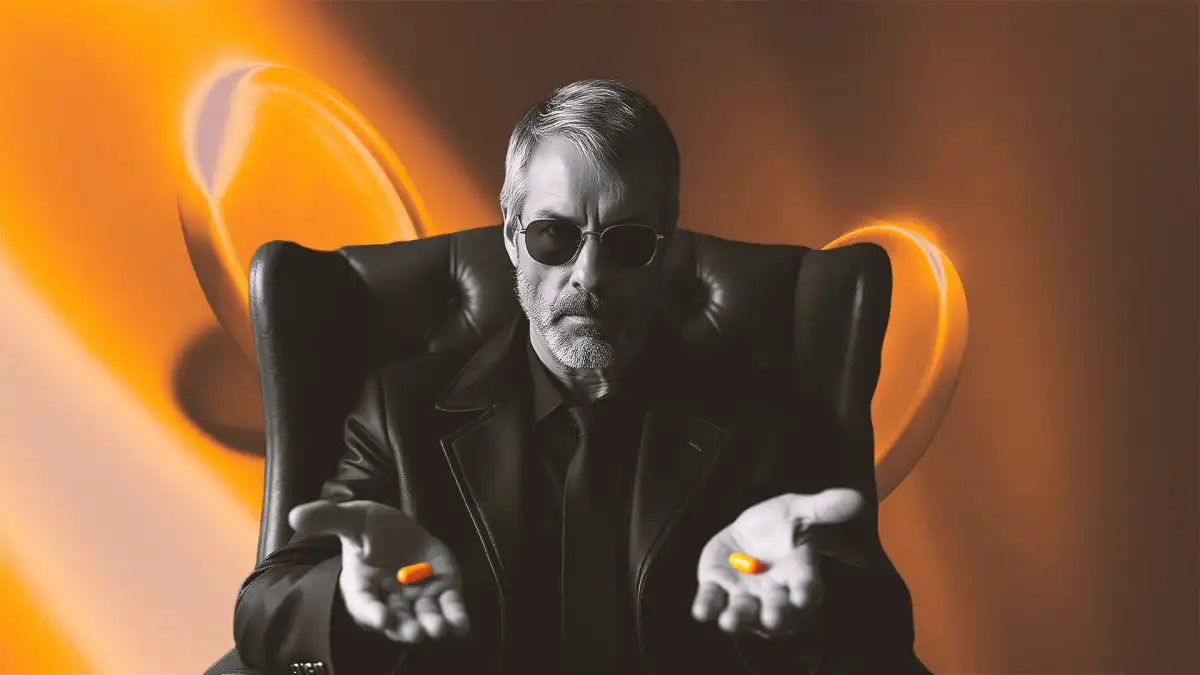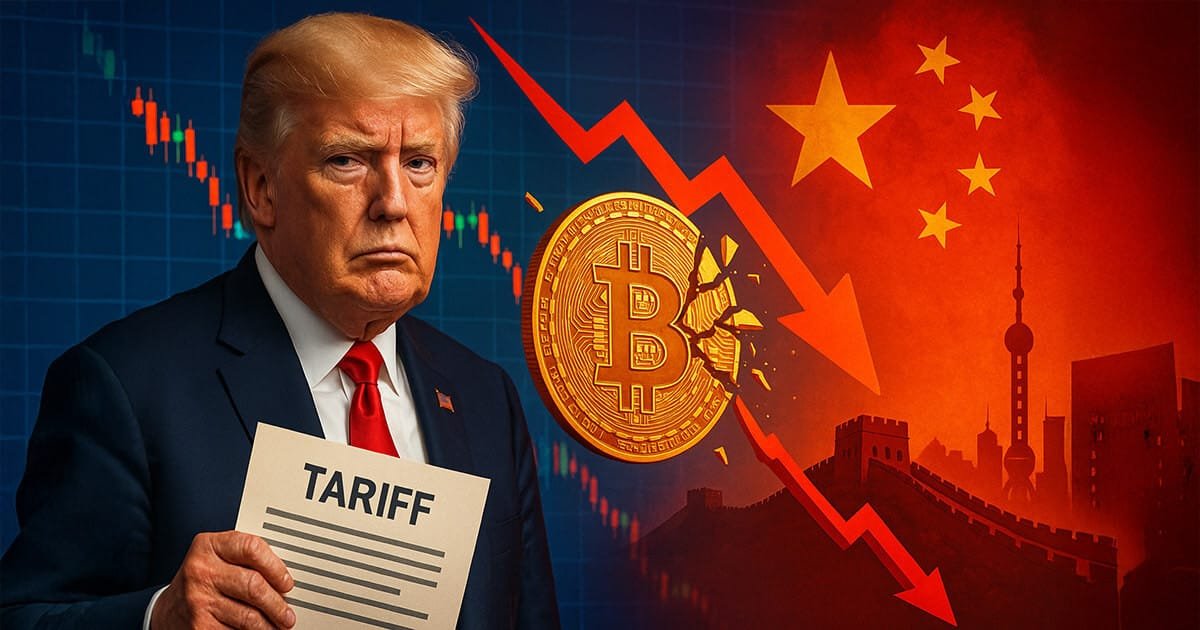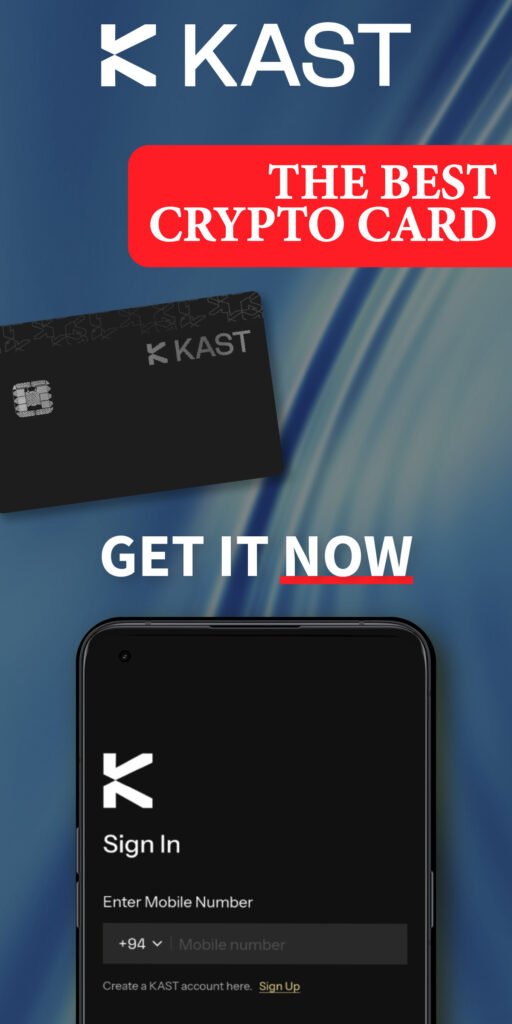On April 14, U.S. President Donald Trump welcomed El Salvador’s President Nayib Bukele to the White House, marking their first official meeting since Trump began his second term. The discussion focused heavily on immigration and trade matters, with cryptocurrency notably absent from the conversation.
According to a livestream released by Bukele’s team on X, the two leaders concentrated on deepening cooperation on border security and crime. Trump reportedly proposed transferring U.S. nationals convicted of crimes to be incarcerated in El Salvador, encouraging Bukele to expand prison capacity to accommodate future transfers. “I said the homegrowns are next. You’ll need about five more facilities,” Trump commented during the exchange.
This follows an earlier agreement worth $6 million between the two nations, under which hundreds of individuals accused of criminal activity have been deported from the U.S. to El Salvador.
Trump also touched on the recent trade war sparked by his administration earlier this month. He hinted at a possible temporary waiver for automakers to ease the transition of their supply chains amid new trade restrictions. “We’re looking at some support for the car manufacturers,” Trump said. “They need a little more time to make the shift.”
Noticeably missing from the public remarks was any reference to Bitcoin or cryptocurrency policy — a surprising omission considering both leaders have previously embraced digital assets as a core part of their economic platforms.
El Salvador made headlines in 2021 by becoming the first country to adopt Bitcoin as legal tender, later inspiring similar moves by the Trump administration. In early March, Trump signed an executive order to establish a Bitcoin strategic reserve, signaling continued support for the digital asset sector.
The U.S. government currently holds an estimated 198,000 BTC, worth over $17 billion at March valuations. This reserve consists largely of Bitcoin confiscated during legal proceedings, including cases tied to Silk Road and the Bitfinex hack.
Meanwhile, El Salvador’s Bitcoin policy has faced pressure from international financial institutions. In December, the country signed a $1.4 billion deal with the International Monetary Fund (IMF), agreeing to scale back public sector involvement in Bitcoin initiatives.
Despite modifying its laws in January to comply with the IMF agreement, El Salvador continues to purchase Bitcoin daily. According to its National Bitcoin Office, the country now holds 6,147.18 BTC, with a current market value of around $520.7 million.
For more news, find me on Twitter Giannis Andreou and subscribe to My channels Youtube and Rumble
What is your opinion on this particular topic? Leave us your comment below! We are always interested in your opinion!
